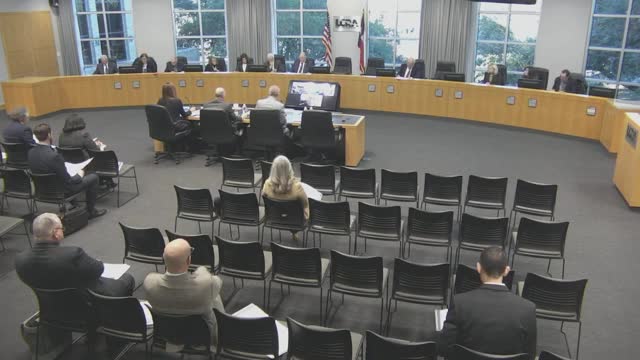LCRA TSC seeks authorization to use eminent domain for 32 aerial easements on Fayette‑area transmission project
Get AI-powered insights, summaries, and transcripts
Subscribe
Summary
Staff asked the board for authorization to pursue condemnation only if negotiations fail for 32 aerial easements needed for the Fayette Power Project yard 2 to Lytton Springs T255 line; the board approved the request and staff said initial offers were based on third‑party appraisals.
The Lower Colorado River Authority Transmission Services Corporation board authorized staff to pursue condemnation only if negotiations fail to secure 32 aerial easements needed for a transmission overhaul in Fayette, Bastrop and Caldwell counties.
Mister Summerall (real estate presenter) described the request as authorization to use the power of eminent domain if agreements cannot be reached with landowners for necessary easement rights tied to the Fayette Power Project yard 2 to Lytton Springs transmission line (T255). He said the request covers 32 aerial easements required to complete the project and that initial offers have been made to landowners based on third‑party appraisals. “Staff recommends approval of this item,” Summerall said.
Summerall explained an aerial easement differs from a traditional ground easement because it does not contain ground rights. The aerial easement, he said, is intended to protect the transmission corridor — for safety and design standards — by preventing construction or permanent structures within the aerial clearance zone so conductors and equipment do not interact with vegetation or built structures.
Board members moved, seconded and approved the authorization by voice vote. The resolution authorizes staff to continue negotiations and to proceed to condemnation only where negotiations fail; staff will continue to negotiate with each landowner using appraisal‑based initial offers.
The board then recessed into executive session under cited sections of the Texas Government Code; no confidential executive session actions were announced other than adjournment back to open session and the meeting’s end.
